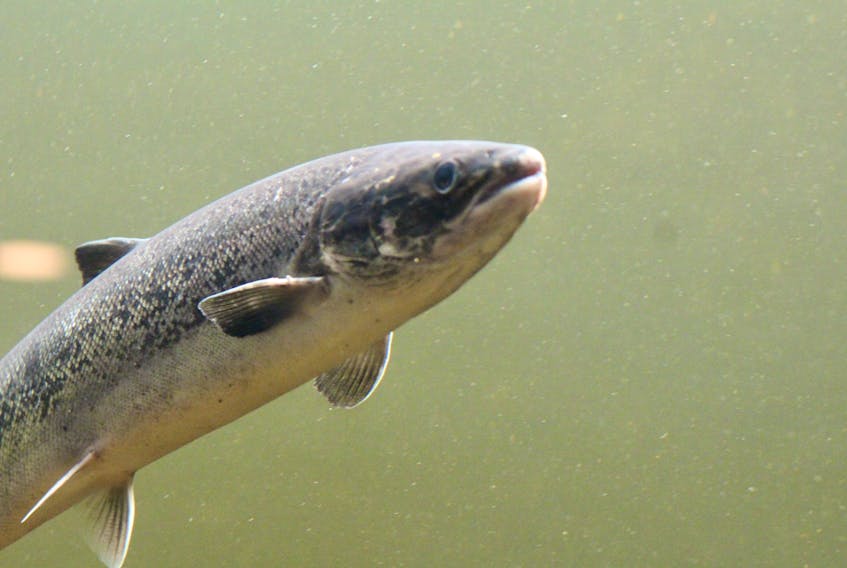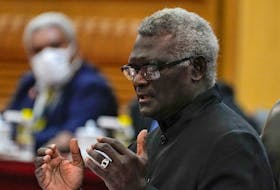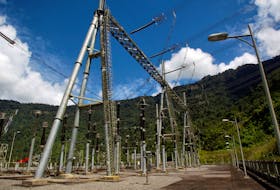The Department of Fisheries and Oceans (DFO) closed salmon retention on rivers in Labrador on July 26. The president of the Labrador Hunting and Fishing Association said he “wasn’t the least bit surprised whatsoever.”
“I say that based on how DFO have made decisions and have implemented them in the past,” said Tony Chubbs. “This is exactly what they did in the early-season review and they basically lumped everybody together in Labrador with the island and basically did the same thing going across the board.”
Chubbs is referring to a decision that was made to close rivers in Newfoundland to salmon retention a week earlier, which met with similar skepticism on the island. He said while DFO may say their decisions are science based, he would like to see what science they are using, since the salmon counts in Labrador exceeded previous years and the five-year historical average.
“There’s no justification whatsoever, not scientifically, not based on what they use in their counts,” he said. “If they’re using some other scientific data I’d like to know what it is because they’re not telling anybody what other data they have.”
As an example the index river (the one DFO put a salmon ladder on for the count) for Salmon Fishing area 1 is the English River. It is showing as 603 salmon counted as of Aug. 15, compared to 479 for all of 2017 and with a five-year average of 537.
Chubbs said that average includes two of the five years that were the worst years ever on record and they’re still counting.
He said the association has no issue with a precautionary approach to management but feel this has been taken to the nth degree.
“Closing these rivers down, that’s not precautionary, it’s just ridiculous,” he said. “That’s like saying we need to have 50 salmon coming to the river to meet the requirement to open it for fishing.
“But instead of 50 we get 100 come in 2016 and 90 come in in 2017 and close it because it declined over the previous year. You are still exceeding your salmon by 200 per cent so the rationale doesn’t make sense.”
Some of those most impacted by this are the fishing lodges, Chubbs said, and this may drive some of them out of business.
“People plan these trips a year, two years in advance and now, to be told they can’t keep any of the salmon, that’s going to have a huge impact. It will be hard for the lodges here, that’s a huge amount of money lost.”
According to Chubbs, every indication is that salmon is going to be a boom year in comparison to the last two and some of the rivers in comparison to long-term average.
“To me it’s a very knee-jerk reaction by DFO,” he said. “They are not listening to the data they gather in rivers to make their judgments.”
The Labradorian contacted DFO for further information but a response was not received as of press time.








